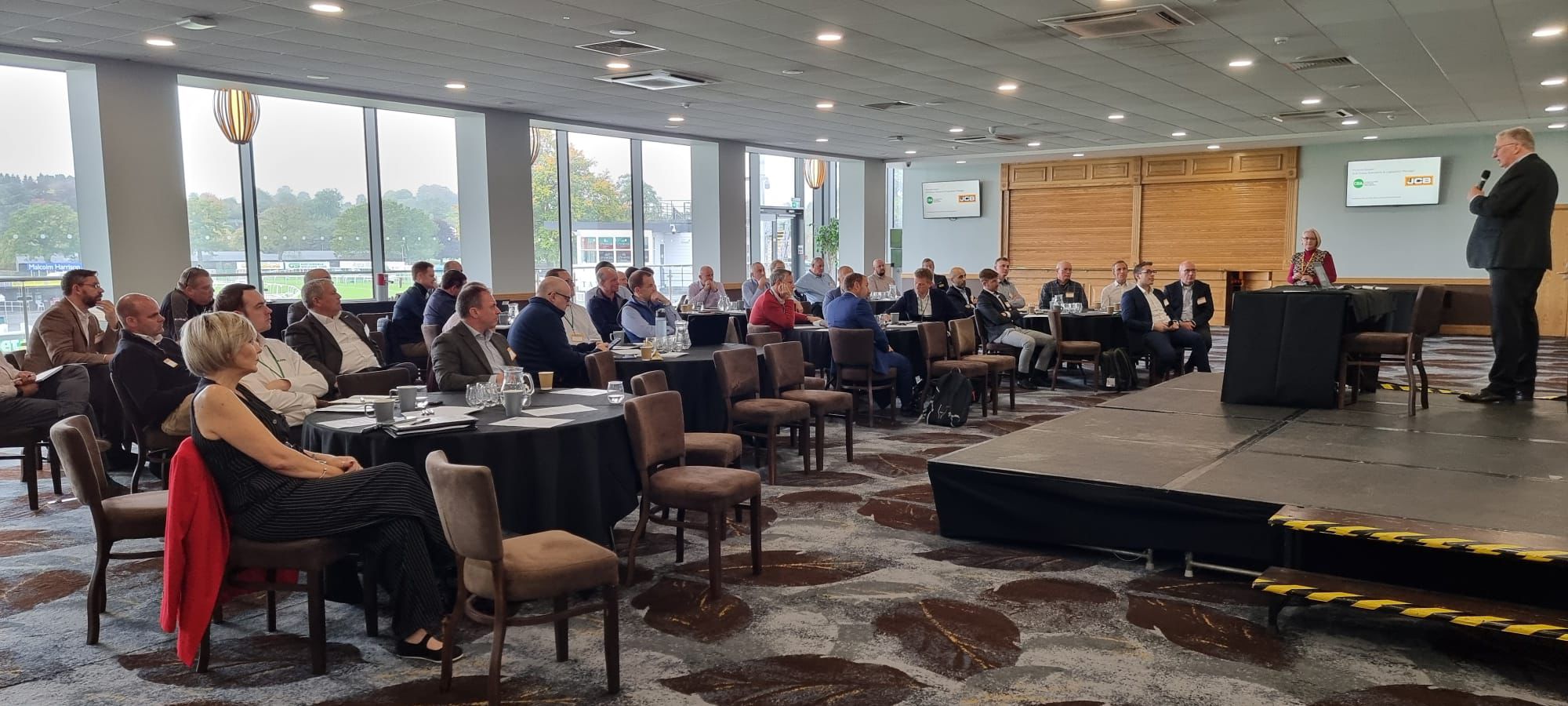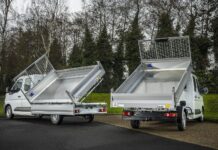
THE CEA (Construction Equipment Association), supported by JCB, has hosted a hydrogen workshop bringing together OEMs, regulators, and hydrogen specialists to explore the barriers to bringing hydrogen-powered construction machinery to market.
The event marked the first in a planned series of CEA-led technical sessions focused on alternative energy solutions.
The session was initiated by Victoria Hutson, group standards and legislation manager at JCB, who approached the CEA with the idea of creating a neutral, cross-industry forum to examine the challenges of bringing hydrogen-powered construction machinery to market.
Chaired by Viki Bell, chief executive of the CEA, the morning session featured presentations from JCB’s homologation and compliance manager Nick Pease and Victoria Hutson, who outlined the regulatory hurdles preventing hydrogen internal combustion engines from achieving certification under current EU and UK non-road machinery frameworks.
Delegates heard that EU Regulation 2016/1628 currently excludes hydrogen ICE from standard testing protocols, meaning type approval must proceed through the ‘new technology’ route under Articles 35 and 36 — described as a complex and time-consuming process that differs across territories and limits the speed of market entry. Updates were shared on the development of approval pathways in the UK, the UN ECE, India, and North America, with the UK Vehicle Certification Agency (VCA) now able to issue GB approvals based on Article 35 authorisations.
The afternoon session turned to hydrogen infrastructure and technology. Dr Emma Guthrie, CEO of the Hydrogen Energy Association (HEA), presented the current UK hydrogen policy landscape and an overview of more than 70 low-carbon hydrogen production projects nationwide. She highlighted hydrogen’s role in hard-to-electrify sectors such as heavy transport, off-grid power, and construction equipment.
Liebherr’s Hans Knapp outlined progress on hydrogen machine development and refuelling technology, including collaboration with Maximator and Vienna University on a ‘fluid piston’ refueller offering rapid 700-bar fuelling without compressors or grid power.
Viki Bell said, “This workshop was an important step in bringing the industry together to address real-world barriers to hydrogen adoption. We remain fuel and technology neutral — our role is to help members navigate change, share knowledge, and ensure the regulatory landscape supports safe and practical innovation.”











